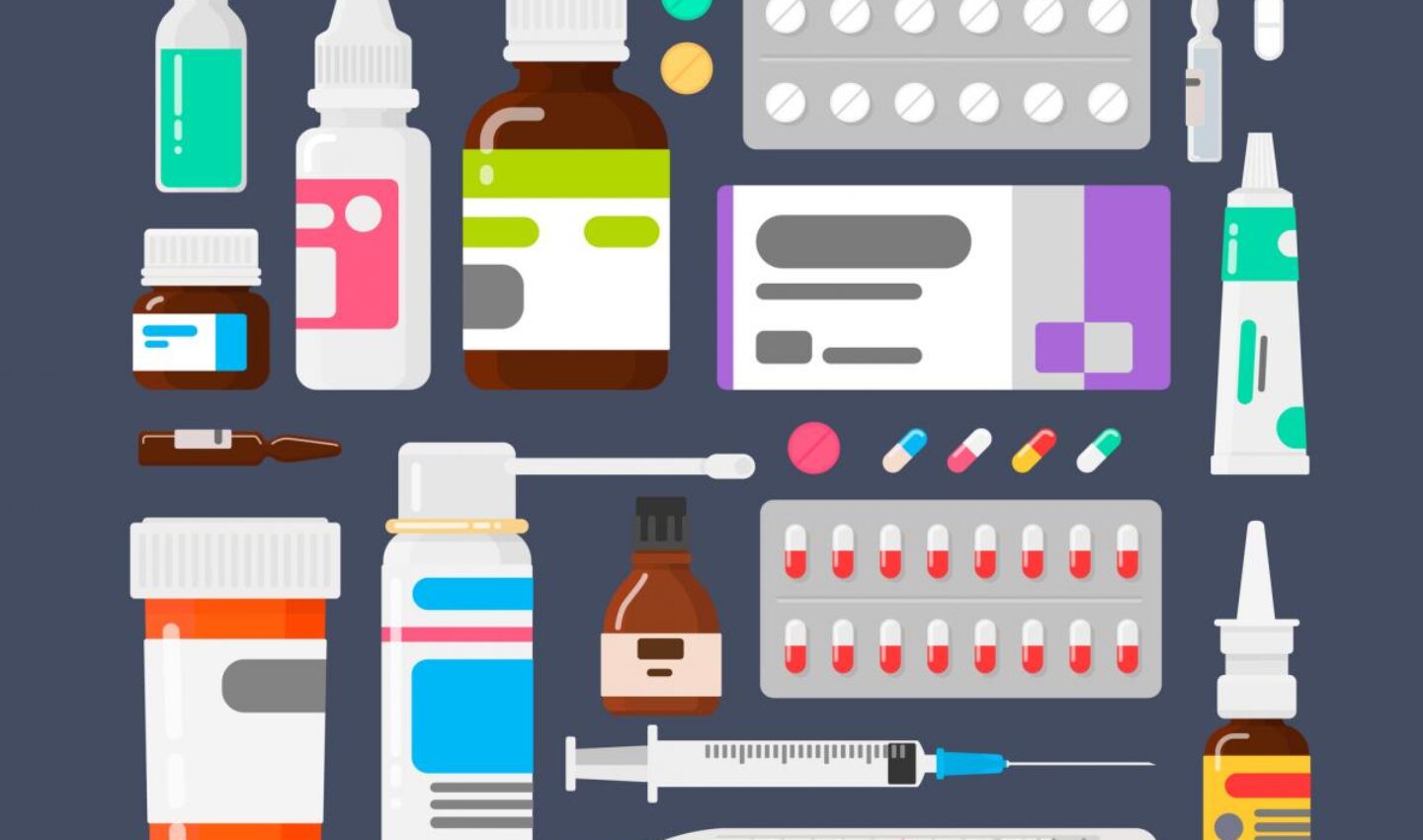Things have changed since last year, before the COVID-19 pandemic, when I was a senior pharmacy student. At the time, I was asking myself, “What will I be doing after graduation?” I know many pharmacy students wonder how the pandemic may affect their plans and hopes for residency for the 2021-2022 year, and I wanted to share some helpful insights and tips ‘I’ve learned along the way.
Tip No. 1 – Know the timelines and deadlines for residency applications
First and foremost, it is critically important to know the timeline for the 2021 American Society of Health-System Pharmacists (AHSP) match. I also recommend visiting the Pharmacy Online Residency Centralized Application Service, where you’ll learn how the system works and different programs’ requirements. Pay close attention to the specific codes for each type of residency.
Tip No. 2 – Conduct thorough program research and start early
The more you know about a residency program, the more prepared and confident you will be in your interactions and interviews. Beyond what you may learn on a website, remember to explore other opportunities to interact with and learn about residency programs, such as conferences and social media (e.g., LinkedIn). When available, take advantage of individual engagements, such as virtual or in-person visits with preceptors. I recommend participation in the ASHP Midyear Conference (December 6-10, 2020), free for students with a current ASHP membership. It’s an excellent opportunity to “get out” virtually and discover the information you don’t get from a program brochure.
Tip No. 3 – Prepare for virtual interviews
Interviews for residency programs usually take place early in February. This year, due to the COVID-19 pandemic, it is likely that your interviews will be virtual. Nevertheless, it is still critically important to plan carefully and be thoroughly well-prepared. Dress appropriately and have a clean, tidy background and a well-lit, noise-free environment. Make sure your webcam, microphone, and speakers are working as expected. Know how to operate various popular meeting applications, such as Zoom and Microsoft Teams. Conducting test interviews with family or friends will help you refine your answers and resolve any technical issues. Most of all, be genuine and be yourself!
What is it like working from home as a resident?
While I am currently working at home in the Commonwealth Medicine (PGY-1) Managed Care Pharmacy Residency program, many friends and colleagues have moved to begin their hospital residencies. Based on my sense of progress and the feedback I receive from my preceptors, I don’t think my learning experience has been adversely affected. Overall, the current situation has forced me to flex and strengthen my adaptability muscles. And I’ve come to understand and appreciate both the negative and positive aspects of the work-at-home experience.
Negative aspects of working at home include fewer opportunities for face-to-face interaction with preceptors, occasional technology issues, and generally more distractions that may make it harder to stay focused.
Many of these are easily addressed by setting and sticking to a specific daily work routine, which helps you stay focused. Set a regular start and end time for the workday and take scheduled breaks to “step away” from work. Think about creating opportunities for internal networking, such as scheduling virtual coffee breaks or meet-ups with coworkers, co-residents, etc.
I find that the positive aspects of working at home far outweigh the negatives. There are considerable savings in terms of time spent commuting and the cost of gasoline, to say nothing of reduced wear and tear on my car and the added general safety of not driving every day. I’ve created a comfortable, customized workspace. I enjoy lunch at home every day, and I can take my dog for a walk, where we both benefit from the exercise.
Stay focused, stay connected, stay involved
While I don’t get to see them on a day-to-day basis, all my teammates remain readily accessible via Zoom, Teams, text messaging, and phone calls. We have plenty of pre-planned one-on-one and group meetings to stay apprised of what’s happening in “the office.” I continue to work on the resident projects and client work I would have done in person. Therefore, I don’t feel that I’m missing out on anything. I’ve completed a patient medication review and my drug utilization review rotation, and I look forward to completing a quality assurance analysis for pulmonary hypertension agents. Also, I am involved in our opioid workgroup and in tracking pipeline agents.
Despite the pandemic, my overall experience as a virtual resident has been very positive. I am glad for the opportunity to work and learn alongside the amazing Clinical Pharmacy Services team that we have here at Commonwealth Medicine, UMass Chan Medical School. I wish you the best on your journey in pharmacy services.

